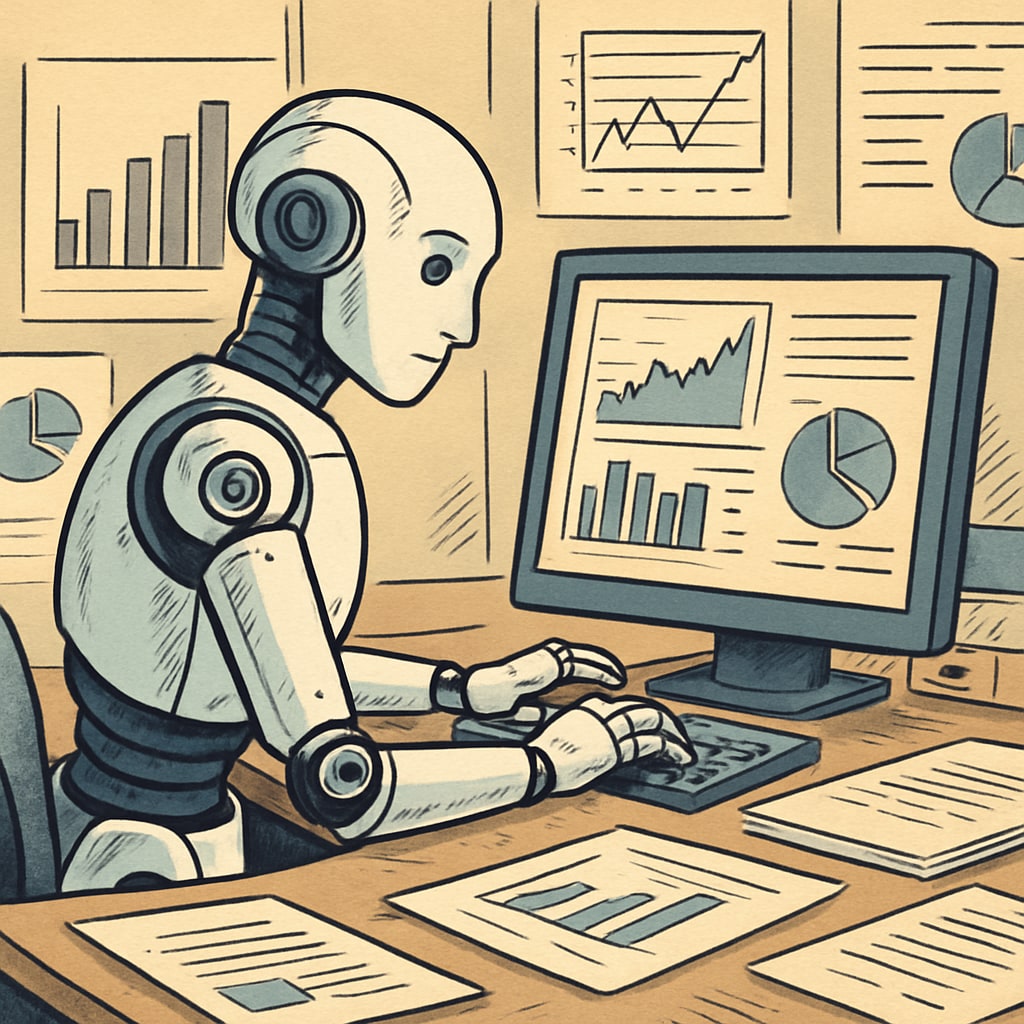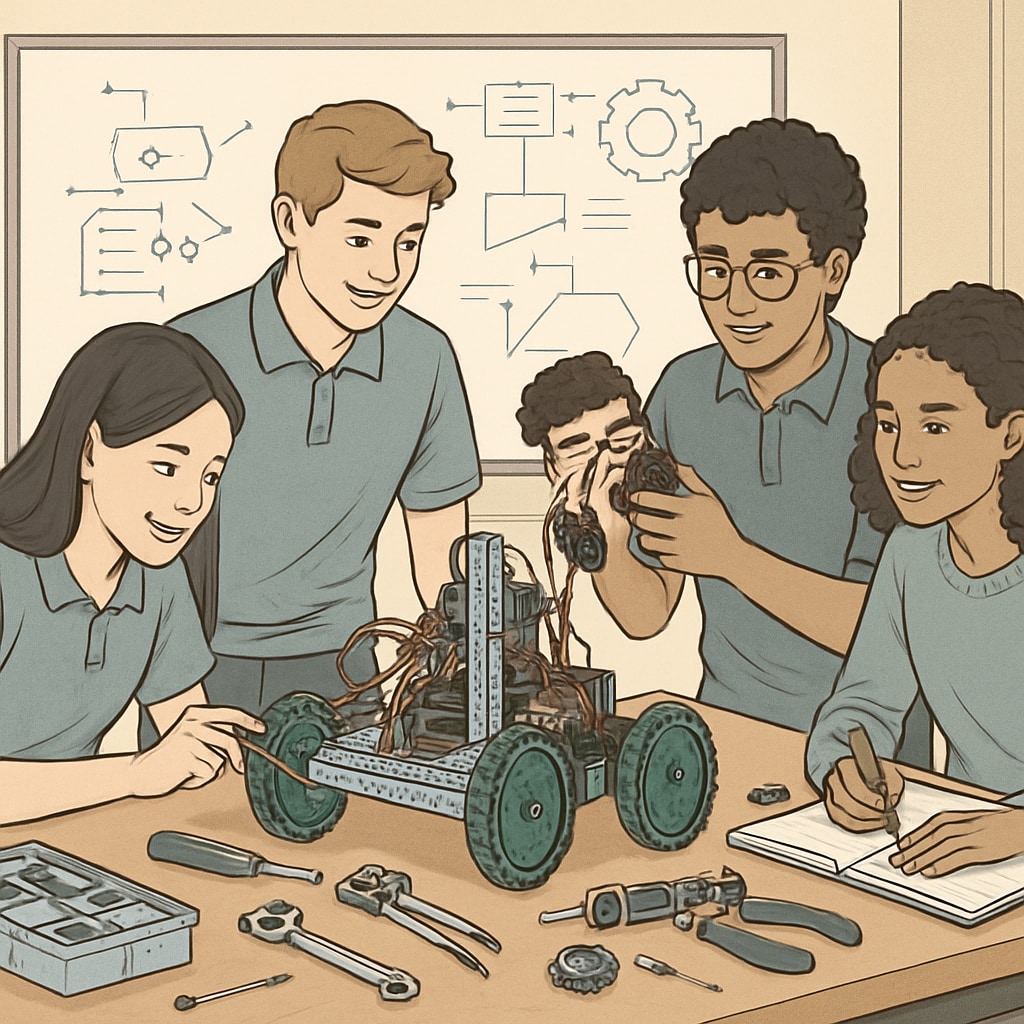The rapid development of artificial intelligence (AI) is transforming industries worldwide, raising significant concerns about its impact on university education and future career prospects. As parents and high school students increasingly question whether traditional higher education provides a worthwhile return on investment, the education system must evolve to address these challenges. This article examines the threats AI poses to the value of university education and explores strategies for high schools to prepare students for an AI-driven future.
Why AI Challenges the Value of University Education
AI is automating tasks that once required human expertise, from legal document review to medical diagnostics. According to a Britannica article on artificial intelligence, machine learning algorithms are becoming increasingly adept at performing complex cognitive functions. As a result, the skills traditionally gained through university education may no longer guarantee job security. For example, professions in accounting, journalism, and even software development are being disrupted by AI tools that can perform tasks faster and more accurately.
Moreover, the rising cost of higher education further intensifies the scrutiny of its value. Parents and students are questioning whether the financial burden of a university degree is justified, especially when AI is reshaping the job market. As a result, the traditional pathways from university education to stable employment are undergoing significant uncertainty.

Adapting High School Education for an AI-Driven Economy
To address these concerns, high schools must adapt their curricula to better prepare students for a future shaped by AI. Emphasis should be placed on developing critical thinking, creativity, and emotional intelligence—skills that are less likely to be automated. Additionally, schools should integrate AI-related topics into their programs, including coding, data analysis, and machine learning fundamentals.
For example, interdisciplinary courses that combine technology with humanities can help students understand the ethical implications of AI. Vocational training and internships with tech companies can also provide practical experience, ensuring students are equipped to thrive in AI-driven industries.
- Offer coding and data science courses as electives
- Encourage participation in AI and robotics competitions
- Promote collaboration skills through group projects
- Provide access to mentorship programs in emerging tech fields

How Students Can Take Charge of Their Future
While educational institutions play a crucial role, students themselves must take proactive steps to prepare for an uncertain future. Learning how to leverage AI tools can make them more adaptable in the job market. For example, students can explore platforms like TensorFlow and Python to gain hands-on experience in machine learning.
In addition, cultivating a mindset of lifelong learning is essential. The fast-paced evolution of technology means that skills acquired today may become obsolete tomorrow. Students should focus on continuous self-improvement and staying updated on industry trends. Networking with professionals in tech-related fields and attending workshops can also enhance their readiness for the job market.
Ultimately, by combining adaptability, curiosity, and technical expertise, students can mitigate the risks posed by AI and seize new opportunities in emerging industries.
Readability guidance: Use short paragraphs and bulleted lists to summarize key points. Keep passive voice and long sentences to a minimum. Incorporate transition words such as “however,” “therefore,” and “as a result” for better flow.


